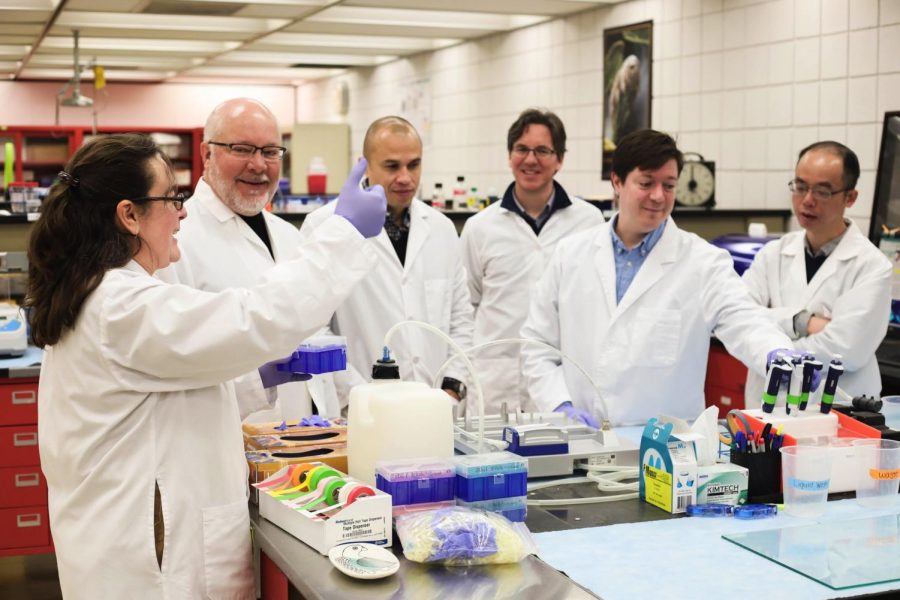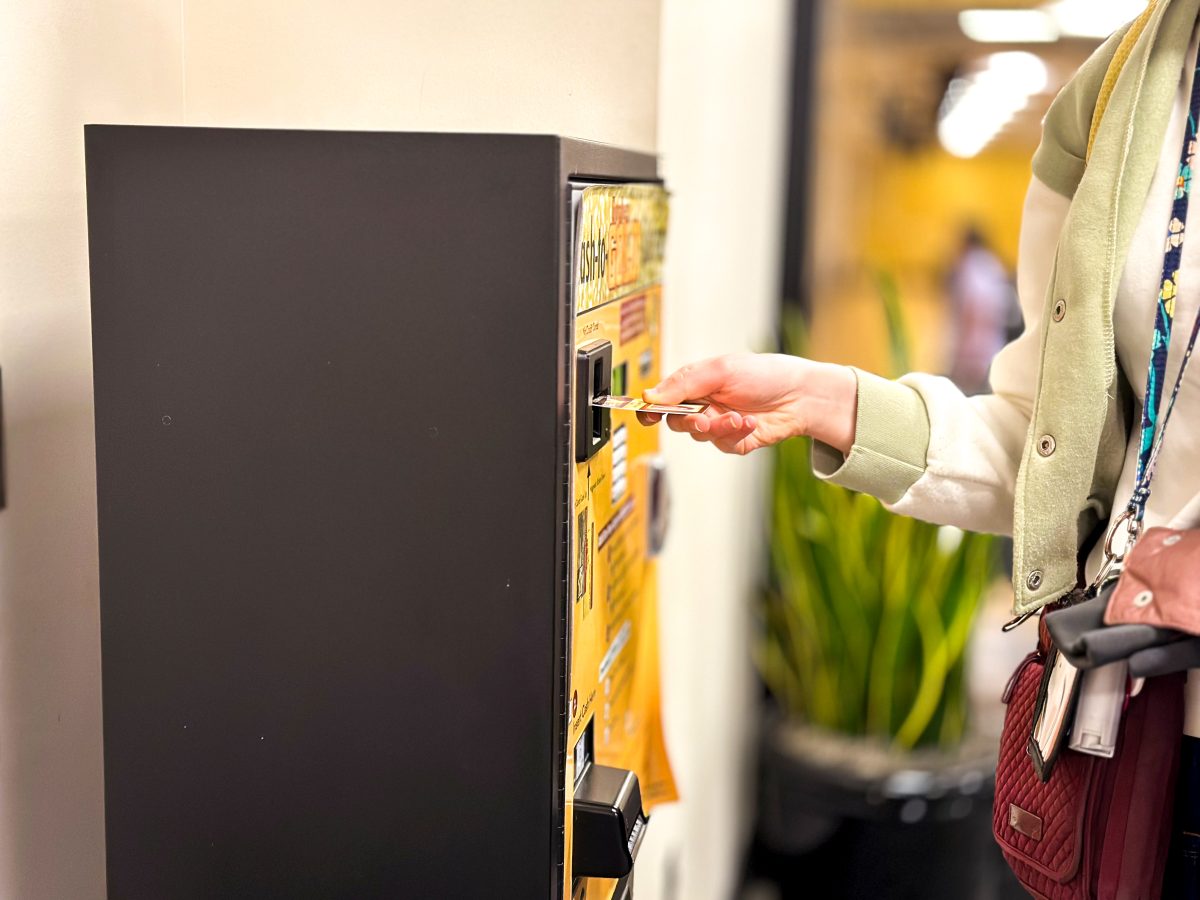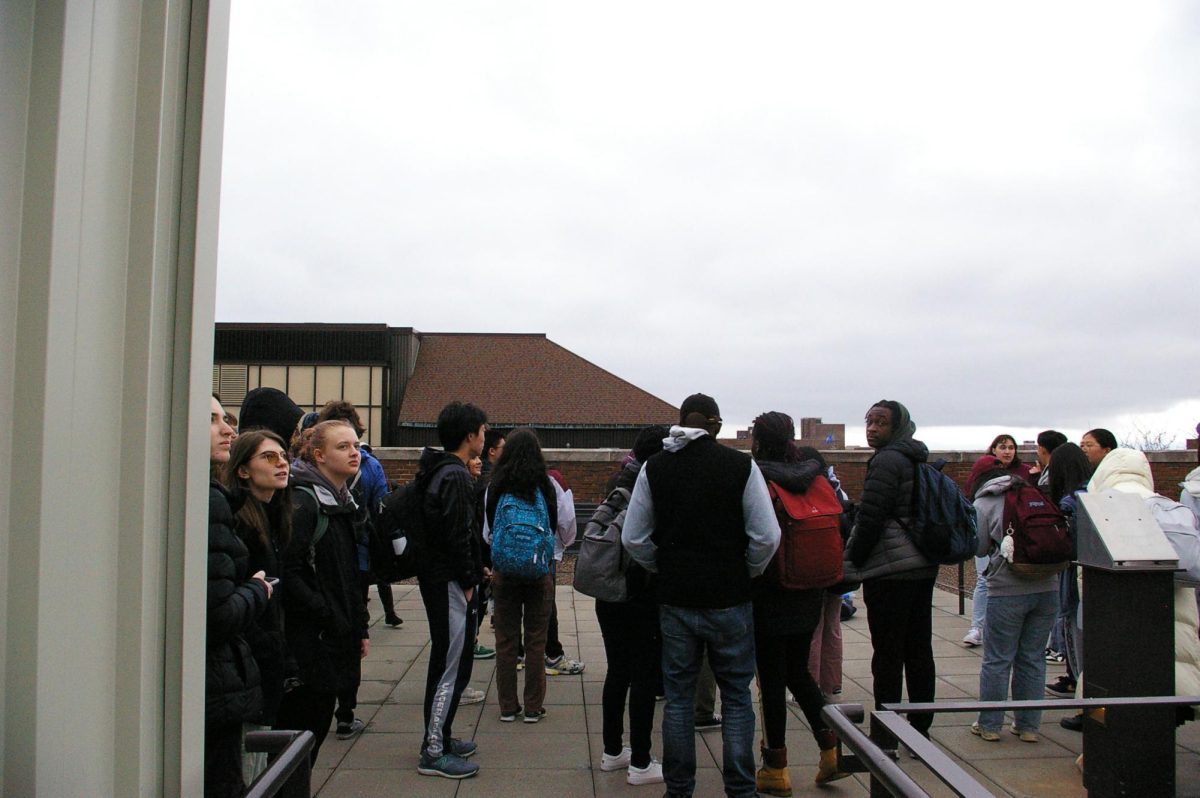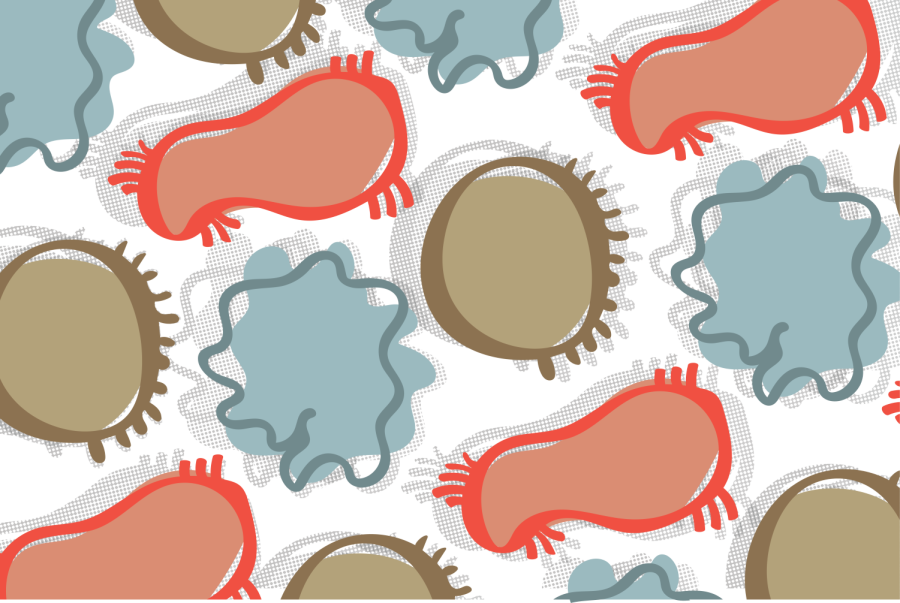Combatting deadly viruses has been part of scientific research for hundreds of years, and is especially prevalent with the COVID-19 pandemic and its new variants. As researchers look for solutions using vaccines, antibiotics, and other technologies, one of the most significant steps is prevention.
University of Minnesota Ph.D professors from the animal science department, including Gerald Shurson, Pedro Urriola, Andres Perez, and Declan Shroeder, are collaborating with other University experts in conducting research projects related to the safety of animal feed ingredients and environmental sustainability.
One project in particular looks at preventative measures for African Swine Fever Virus (ASFV) which is a virus that affects swine (i.e. pigs) and causes many to die. ASFV is not the same as swine flu, which is a human respiratory infection.
From 2014 to 2017, over 800,000 pigs died from ASFV in Russia and Europe alone. With no vaccine, ineffectiveness of antibiotics, and no treatments, the only option is to humanely euthanize pigs infected with the virus, according to the “African swine fever: A re-emerging viral disease threatening the global pig industry” published by the U.S. National Institute of Health.
After originating in Africa, ASFV spread to Russia, various parts of Europe and Asia. As of summer 2021, the spread traveled to the Dominican Republic and Haiti.
In 2019, swine nutrition experts Urriola and Shurson received two grants from the United Soybean Board. The University researchers are developing research and evaluating the survival rate of a surrogate virus used on feed ingredients when deactivated by high heat.
Soybean meal is a byproduct of soybean oil, which is commonly used as an ingredient in feed by the swine industry.
This year, the research team developed a surrogate called Emiliania huxleyi, which replicates the ASFV, and will enable the research team to understand how the virus works on surfaces, different disinfectant types, and cleaning trucks.
Surrogates are viruses used as an alternative in a lab when the virus of interest poses a risk to researchers. Emiliania huxleyi is a virus that only affects marine algae commonly found in ocean ecosystems.
“A surrogate is beneficial because it is biosafe, without requiring us to work directly with ASFV,” Shurson said. “It is unusual to find a similar virus to use to study a deadly one.”
The surrogate’s success has the ability to help the research team determine if the feed imported into the U.S. has the potential to carry the virus.
Although there are no cases of ASFV in the U.S., many researchers said they are concerned about the proximity of the virus and the potential impacts a case could have on international trade, global economies, and the pork industry.
“No country has been able to control the virus since 2007,” said University research partner Dr. Andres Perez. “We expect to help countries increase their ability to control it and create resilience, and prepare the U.S. swine industry for biosecurity and detection.”
Shurson said one of the highest risks of introducing the virus to the U.S. comes from the illegal importation of pork or meat products in passenger luggage, despite United States Department of Agriculture offices at international airports.
He added that “in many instances, people purposely or unknowingly come from countries and bring their favorite pork dish back, and leftovers could get into recycled food waste or pig feeds.”
The ASFV is highly resilient so it can survive for a long period of time. There are no known cases of pigs getting sick from contaminated feed, but researchers said they are concerned about imported feed carrying the virus, as there is not a zero-risk chance.
“With the discovery of the surrogate virus, we can do real-world field trials,” said project partner Schroeder. “This can be tested by adding the surrogate virus to feed, transporting it, and then sampling for detection on truck surfaces.”
Many Twin Cities corporations such as Cargill, Purina, and Kemin Industries showed a great deal of interest in the research.
The preventative research can help prepare for potential outbreaks in the future. Shurson mentioned that many of the projects related to feed ingredients are ongoing, as there are many unanswered questions that still need explanations.
“If we were to get this virus, we would have a system in place to get it isolated, farms quarantined, and contained as quickly as possible,“ Shurson said.

























